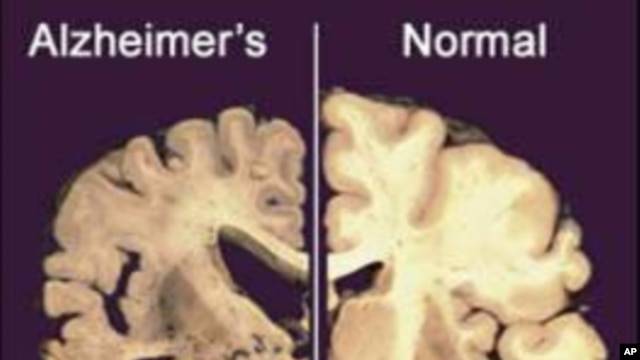Alzheimer’s treatment breakthrough: British scientists pave way for simple pill to cure disease
Alzheimer?s treatment breakthrough: British scientists pave way for simple pill to cure disease - Home News - UK - The Independent
Scientists have hailed an historic “turning point” in the search for a medicine that could beat Alzheimer's disease, after a drug-like compound was used to halt brain cell death in mice for the first time.
Although the prospect of a pill for Alzheimer's remains a long way off, the landmark British study provides a major new pathway for future drug treatments.
The compound works by blocking a faulty signal in brains affected by neurodegenerative diseases, which shuts down the production of essential proteins, leading to brain cells being unprotected and dying off.
Alzheimer?s treatment breakthrough: British scientists pave way for simple pill to cure disease - Home News - UK - The Independent
Last edited:




